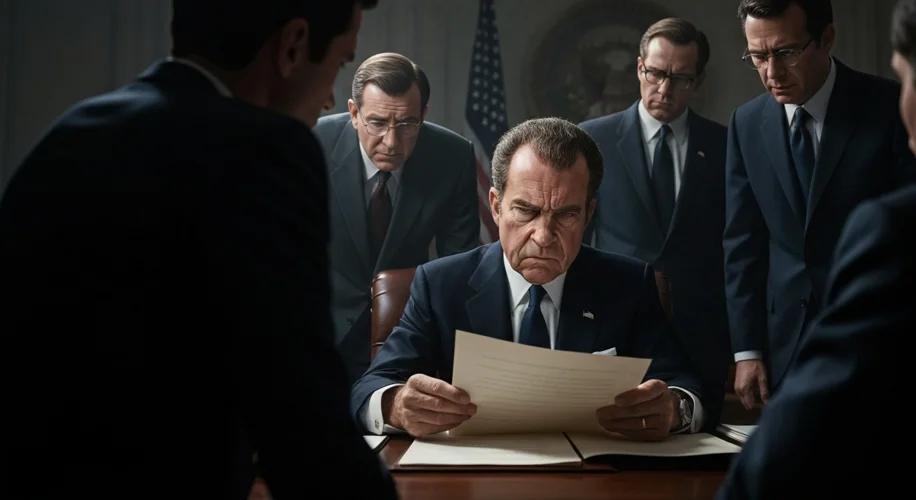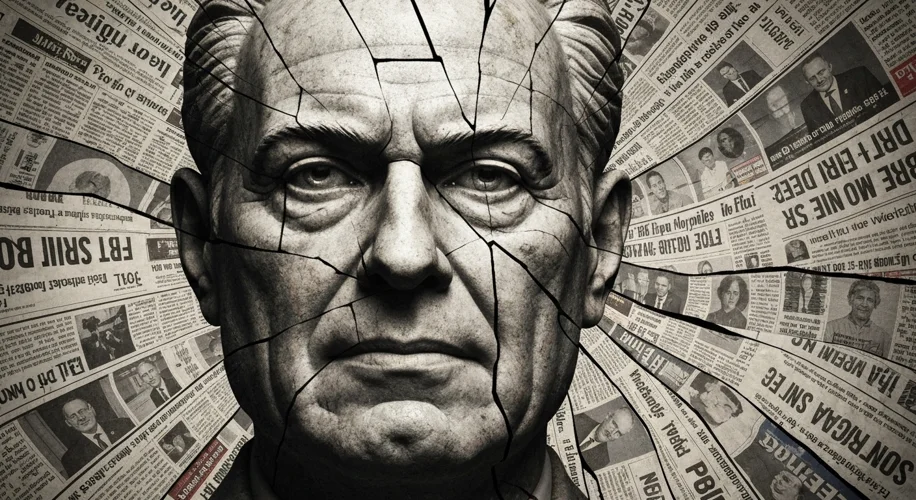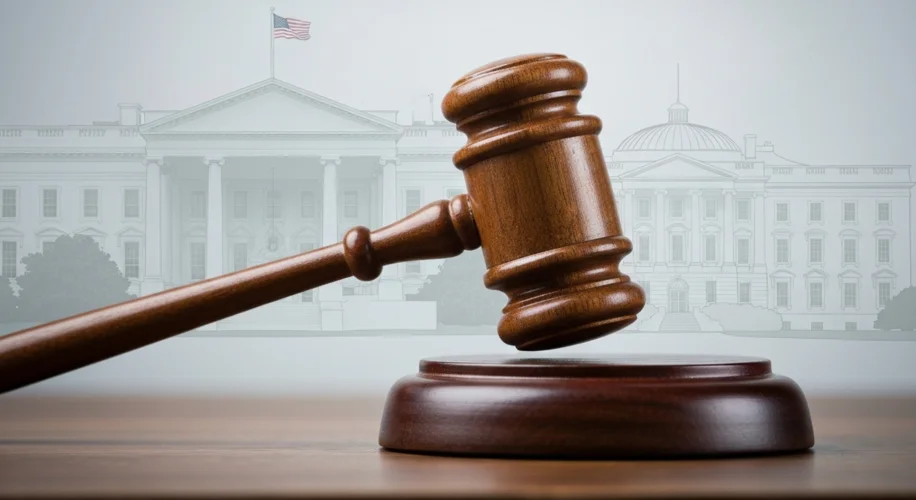The corridors of power in Washington D.C. have long been a stage for quiet battles between the executive branch and the institutions tasked with upholding the law. Today, August 7, 2025, marks another chapter in this ongoing narrative, as a senior FBI official has reportedly been pushed out for resisting demands from the Trump administration. While the specifics of this recent event are still unfolding, it echoes a historical pattern: the enduring tension between the presidency and the Federal Bureau of Investigation, a relationship often strained by the perceived or actual encroachment of political influence.
The FBI, established in 1935 as the successor to the Bureau of Investigation, was conceived as an independent entity, shielded from the direct political machinations that could compromise its investigative integrity. However, history shows that this shield has rarely been impenetrable. Directors and high-ranking officials have, at various times, found themselves navigating treacherous waters, caught between their sworn duty and the often-intense pressures emanating from the White House.
One of the most dramatic confrontations occurred during the Nixon administration. In what became known as the “Saturday Night Massacre” of October 20, 1973, President Richard Nixon ordered Attorney General Elliot Richardson to fire Special Prosecutor Archibald Cox, who was pursuing evidence related to the Watergate scandal. Richardson refused and resigned. Nixon then ordered Deputy Attorney General William Ruckelshaus to fire Cox; Ruckelshaus also refused and resigned. Finally, Solicitor General Robert Bork, acting as Attorney General, fired Cox. This event sent shockwaves through the nation, highlighting the vulnerability of the Justice Department and the FBI to presidential pressure when sensitive investigations threatened the executive.

J. Edgar Hoover, the legendary and often feared director of the FBI for nearly five decades, also operated in a complex dance with presidential administrations. While he commanded immense respect and wielded considerable power, he was also adept at leveraging information and maintaining a delicate balance of influence. Presidents often found his services useful, but Hoover’s own ambition and his willingness to maintain extensive files on political figures meant he was not always a pliant subordinate.
More recently, FBI Director James Comey found himself at the center of a political storm during the 2016 election and its aftermath. His decisions regarding the investigation into Hillary Clinton’s emails, and later his public confirmation of renewed scrutiny, were seen by some as politically motivated. Conversely, his dismissal by President Donald Trump in May 2017, which Trump stated was due to Comey’s handling of the Clinton investigation and his perceived inability to effectively lead the FBI, was viewed by many critics as an attempt to interfere with the investigation into Russian interference in the election. This event reignited debates about the FBI’s independence and the president’s power to remove its director.
The core of the issue often lies in the perceived or actual clash between the FBI’s mandate to investigate without fear or favor and a president’s desire to protect their administration or advance their political agenda. When presidents or their allies perceive an investigation as a threat, the pressure to influence or even halt it can become immense. This pressure can manifest in various ways: direct demands, veiled threats, budget manipulations, or, as seen in the case of Director Comey, outright dismissal.
Each incident, from the Saturday Night Massacre to the dismissal of Director Comey, and now to the recent reports of a senior official being pushed out, serves as a potent reminder. The FBI, as the nation’s principal domestic intelligence and law enforcement agency, occupies a unique and often challenging position. Its ability to function effectively hinges on its perceived independence and its freedom from undue political interference. When that independence is perceived to be compromised, public trust in the institution, and indeed in the administration of justice itself, can be severely eroded. The historical record provides a stark warning: the health of American democracy is, in no small part, tied to the FBI’s ability to act without political strings attached, a principle that has been tested repeatedly throughout its existence.

The recent events underscore the timeless struggle to maintain the FBI’s integrity in the face of political headwinds. The question remains: will these instances serve as catalysts for strengthening the institutional safeguards, or will the cycle of pressure and reaction continue to define the relationship between the White House and its premier law enforcement agency?

